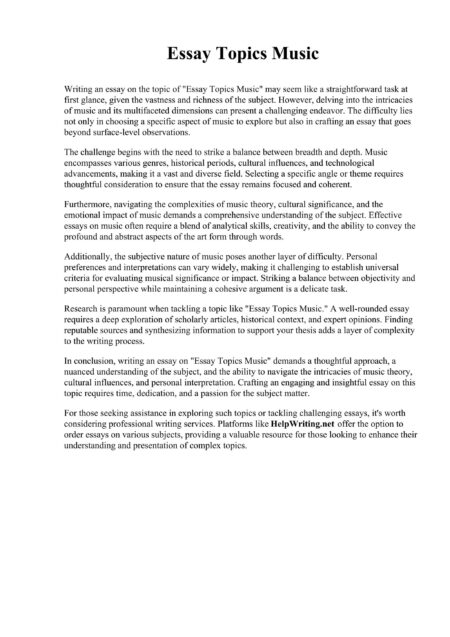Ghana Accelerates Efforts to Boost Intra-African Trade with Support from African Export-Import Bank
In a concerted move to enhance economic collaboration across the continent, Ghana is ramping up its initiatives to promote intra-African trade, buoyed by a strategic partnership with the African Export-Import Bank (Afreximbank). This renewed push aligns with the African Union’s ambitions to deepen trade ties among member states and capitalize on the African Continental Free Trade Area (AfCFTA) agreement. As trade barriers gradually lower and member countries unlock new opportunities for commerce, Ghana aims to position itself as a pivotal hub for trade within the region. This article delves into the specific measures being implemented and the potential impact on Ghana’s economy and its partners across Africa.
Ghana’s Strategic Initiatives to Enhance Intra-African Trade Through the African Export-Import Bank
Ghana is taking decisive steps to amplify intra-African trade, leveraging the resources and partnerships facilitated by the African Export-Import Bank (Afreximbank). The nation aims to create a robust trade ecosystem that fosters collaboration among African countries while enhancing its position as a trade hub on the continent. Key initiatives include:
- Investment in Trade Infrastructure: Upgrading transport and logistics networks to facilitate smoother trade routes.
- Access to Financing: Expanding access to financial products provided by Afreximbank to local businesses and exporters.
- Capacity Building: Implementing training programs aimed at enhancing the skills and knowledge of entrepreneurs.
Additionally, Ghana is embracing technology to streamline its trade processes and reduce barriers that inhibit cross-border transactions. This includes the integration of digital platforms for trade facilitation, which promises faster and more transparent processing. A key focus is also on strategic collaborations with neighboring countries to boost regional supply chains. In pursuit of this objective, a recent bilateral trade agreement was established, outlined below:
| Partner Country | Key Focus Areas | Projected Benefits |
|---|---|---|
| C√īte d’Ivoire | Agro-Industry | Increased agricultural exports |
| Nigeria | Manufacturing and Textiles | Boosted industrial output |
| Sierra Leone | Mining and Resources | Access to raw materials |
Examining the Economic Benefits of Increased Intra-African Trade for Ghana’s Growth
The acceleration of intra-African trade represents a pivotal opportunity for Ghana, with substantial economic benefits that can catalyze growth across the nation. By enhancing trade relationships within the continent, Ghana stands to diversify its economy, which has historically relied heavily on a limited range of exports. Increased intra-African trade can lead to:
- Job Creation: Expanding markets will necessitate a larger workforce, thereby reducing unemployment rates.
- Improved Local Industries: Enhanced trade flows can stimulate domestic industries through increased demand for local products.
- Investment Attraction: A robust intra-African trade environment can attract foreign direct investments (FDIs), benefiting various sectors.
Moreover, a focus on strengthening trade ties among African countries can enhance resilience against global market fluctuations. Ghana is well-positioned to leverage its geographical advantages and abundant natural resources to become a key player in regional supply chains. Key indicators of potential growth through increased intra-African trade include:
| Indicator | Current Status | Potential Growth |
|---|---|---|
| Trade Volume | Low | Higher through trade agreements |
| Export Diversity | Limited | Expanded product range |
| Market Access | Regional | Pan-African |
Recommendations for Strengthening Trade Partnerships and Infrastructure Development in Africa
To enhance trade partnerships and drive infrastructure development across the continent, governments and private sectors in Africa must collaborate strategically. Key initiatives could include:
- Investment in Regional Infrastructure: Developing transport networks, including roads, railways, and ports that link countries, thereby easing the movement of goods.
- Incentives for Trade Facilitation: Implementing tax breaks and subsidies to encourage businesses to invest in intra-African trade.
- Public-Private Partnerships: Fostering collaborations between governments and private enterprises to pool resources for infrastructure projects.
Moreover, leveraging technology to streamline trade processes can substantially contribute to economic growth. Key considerations include:
- Digital Platforms for Trade: Establishing online marketplaces and trade facilitation platforms that can connect suppliers and buyers across borders.
- Capacity Building: Training local stakeholders on trade regulations and logistics to enhance operational efficiencies.
- Cross-Border Collaboration: Encouraging joint ventures and partnerships between countries to share knowledge and best practices.
| Sector | Potential Impact |
|---|---|
| Logistics | Reduce transport time and costs |
| Energy | Support industrial growth through reliable supply |
| Agriculture | Enhance food security and trade opportunities |
In Summary
In conclusion, Ghana’s proactive measures to enhance intra-African trade signify a pivotal shift towards economic collaboration on the continent. The support from the African Export-Import Bank underscores the importance of strategic partnerships in realizing the African Continental Free Trade Area’s (AfCFTA) goals. As Ghana positions itself as a regional trade hub, the initiative not only promises to uplift local economies but also reinforces the commitment of African nations to work collectively in fostering sustainable growth. With continued investment and a focus on trade facilitation, Ghana is set to play a crucial role in reshaping the landscape of African commerce, paving the way for deeper integration and economic resilience across the continent.







